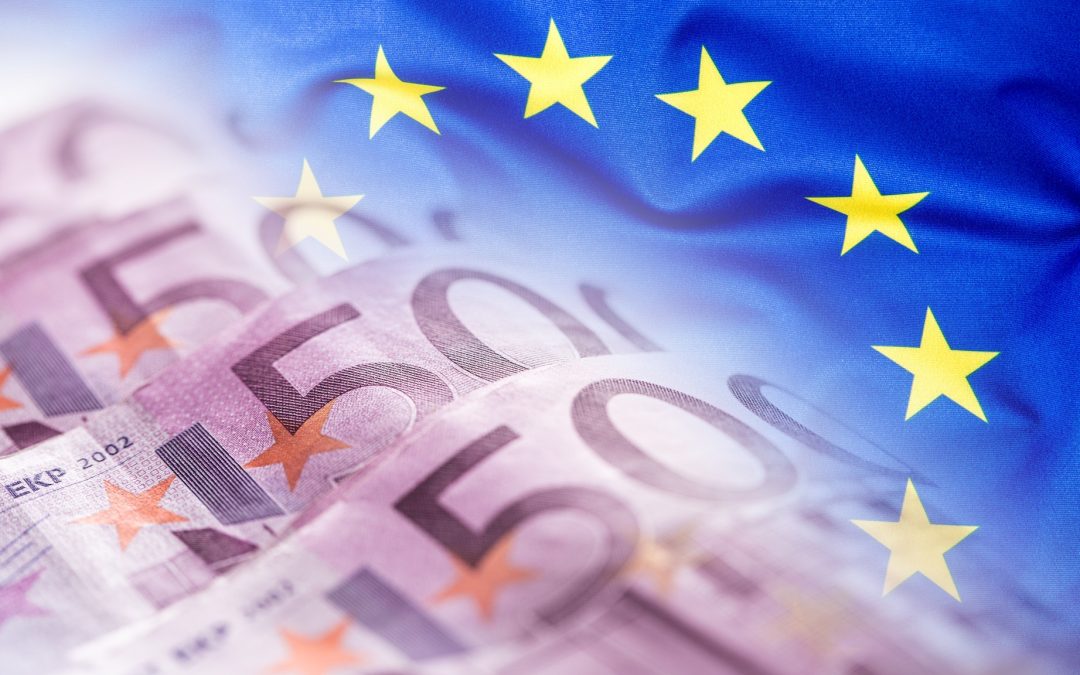
by admin | Jul 24, 2024 | business and economy
Whether policymaking can develop solutions for the inevitable problems that capitalism creates has long been a concern of political economists. One of these issues is rising inequality across the USA and other countries. Inequality is a significant risk for political stability, so it is vital to understand how democratic societies respond to it. Progressive taxation policies, which tax the rich at higher rates, can help to equalize incomes and wealth. Despite this, over the last four decades while inequality has increased, successive US governments have introduced falling tax rates for top earners. Why is this?

by admin | Jul 10, 2024 | business and economy
The role of EU trade policy is evolving in today’s complex global landscape. Dr. Andrea Christou and Professor Chad Damro at the University of Edinburgh have studied how the EU balances traditional market-oriented goals with emerging geopolitical pressures. Their analysis explores how different EU bodies frame trade policy, highlighting the contrast between the EU’s broader geopolitical strategy and its trade department’s narrower approach.

by admin | Jun 19, 2024 | business and economy
Brazil, Russia, India and China, often known as the BRICs, have seen explosive growth in the past two decades and have asserted themselves as drivers of globalisation. Many scholars have researched the effects of this growth and development, and how these factors have affected domestic labour conditions. But are they asking the right questions? For instance, if developing countries invest in developed economies, will this lead to improved working conditions in the investing developing nation? Dr Patrick Wagner of the University of Konstanz, Germany, and Professor Damian Raess of the Catholic University of Lille, France, have conducted a study investigating whether Brazilian direct investment in Europe leads to improved working conditions back in Brazil.

by admin | Apr 10, 2024 | business and economy
Businesses today exist in a changing world, which brings both opportunities for growth and increasingly complex challenges. To survive and thrive, organisations need a robust understanding of HR management. In their research, Professor Xiaobei Li and her colleagues at various universities, including University of New South Wales, Arizona State University and Peking University, recently explored how organisations can motivate their staff to ensure high-quality performance.

by admin | Feb 29, 2024 | business and economy
Cum-ex trading in European markets has been widespread, in which investors wrongfully receive refunds on dividend withholding tax they have never paid. Moritz Wagner and Xiaopeng Wei at the University of Canterbury and Adelaide recently explored the extent of this trading practice and its impact on markets and tax revenues.

by admin | Feb 21, 2024 | business and economy
Foreign direct investment occurs when a resident in one economy invests in and establishes significant influence over an enterprise in another economy. In a changing geopolitical landscape, the EU and its member states have introduced novel mechanisms for screening foreign direct investment for national security risks. However, these mechanisms vary substantially in how they operate. In a recent study, Professor Sarah Bauerle Danzman at Indiana University and Professor Sophie Meunier at Princeton University explore the factors that explain this. They also highlight key policy implications in this shift towards a more assertive EU investment policy.






